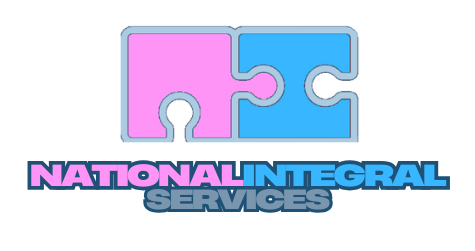
On-Page SEO Optimization
We meticulously refine every element of your website to ensure it's perfectly optimized for search engines and users. By enhancing your site's structure, content, and performance, we lay a strong foundation for ranking success.
-
In-depth Keyword Research & Targeting
-
Meta Tag & Schema Markup Optimization
-
Website Speed & Performance Audits


